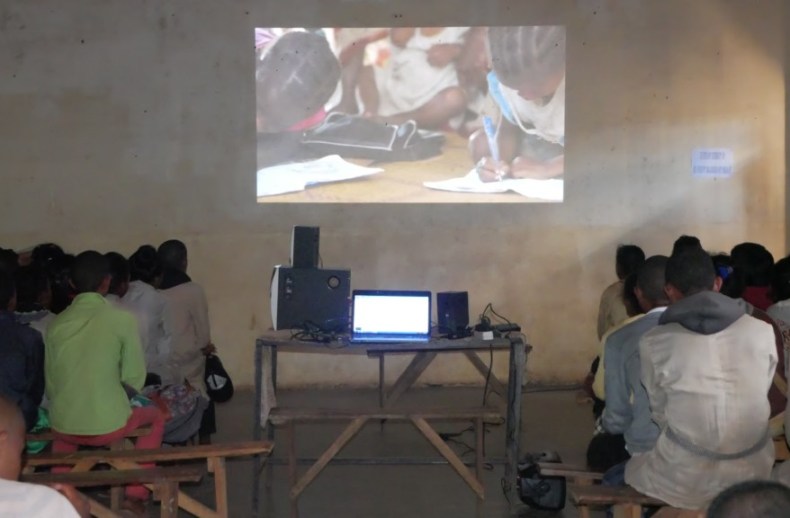Seventy-one teachers participating in the ‘Onneshon’ prototype were flooding the WhatsApp group with messages about the challenges and hiccups they were experiencing, either with watching the video content or with taking a quiz in the first two weeks. Problems were pouring in and so were solutions being innovated and offered through diverse channels. In the space of two weeks, the…








